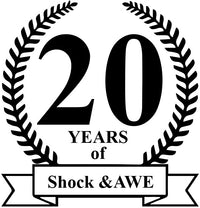07:22
Continued from A1...
The Gramm–Leach–Bliley Act (GLBA), also known as the Financial Services Modernization Act of 1999, (Pub.L. 106–102 (text) (pdf), 113 Stat. 1338, enacted November 12, 1999) is an act of the 106th United States Congress (1999–2001). It repealed part of the Glass–Steagall Act of 1933, removing barriers in the market among banking companies, securities companies, and insurance companies that prohibited any one institution from acting as any combination of an investment bank, a commercial bank, and an insurance company. With the passage of the Gramm–Leach–Bliley Act, commercial banks, investment banks, securities firms, and insurance companies were allowed to consolidate. Furthermore, it failed to give to the SEC or any other financial regulatory agency the authority to regulate large investment bank holding companies. The legislation was signed into law by President Bill Clinton.
A year before the law was passed, Citicorp, a commercial bank holding company, merged with the insurance company Travelers Group in 1998 to form the conglomerate Citigroup, a corporation combining banking, securities and insurance services under a house of brands that included Citibank, Smith Barney, Primerica, and Travelers. Because this merger was a violation of the Glass–Steagall Act and the Bank Holding Company Act of 1956, the Federal Reserve gave Citigroup a temporary waiver in September 1998. Less than a year later, GLBA was passed to legalize these types of mergers on a permanent basis. The law also repealed Glass–Steagall's conflict of interest prohibitions "against simultaneous service by any officer, director, or employee of a securities firm as an officer, director, or employee of any member bank".
